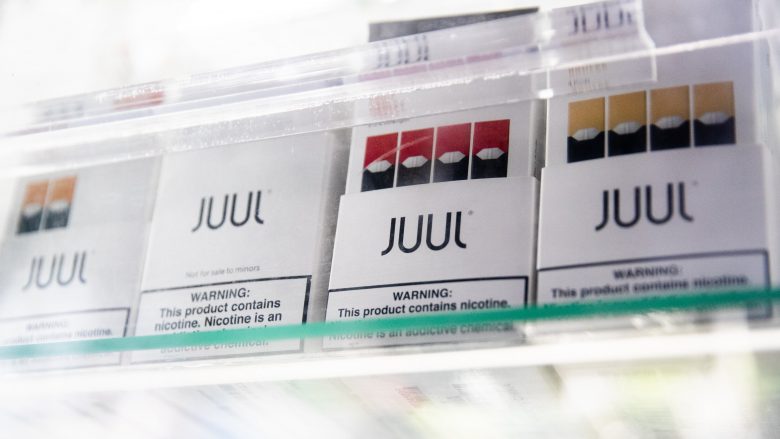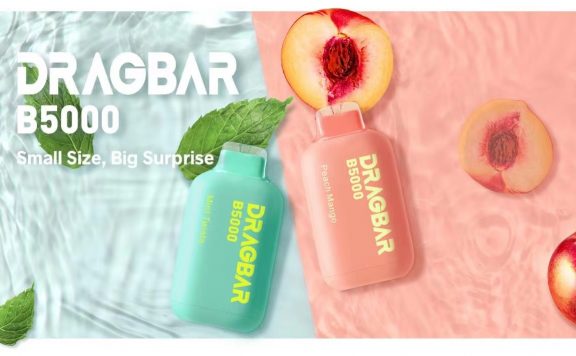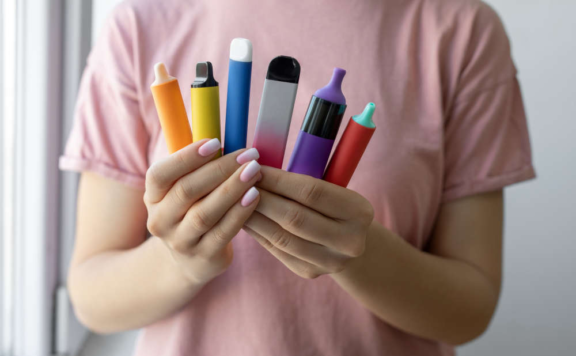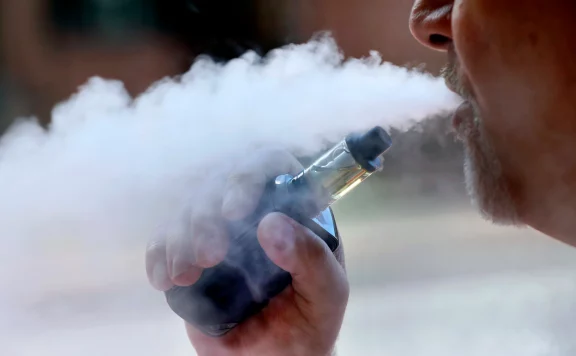Juul’s future in the US is now questionable because its PMTAs are still being reviewed. A Juul ban, according to experts and sellers alike, would only help rival brands.
For months, numerous health and anti-vaping organizations had been putting pressure on the FDA to deny any PMTA applications submitted by Juul. At the beginning of this year, several organizations banded together to send a letter to the FDA pleading with it to act on the pending PMTAs and reject any applications for flavored vaping goods.
In this regard, the FDA gave Juul an MDO last month. The manufacturer would have been compelled to fully leave the US market because the judgment applied to “all of their products now offered in the United States.” FDA Commissioner Robert M. Califf said, “We understand these make up a sizable share of the items accessible and many have played a disproportionate role in the surge in child vaping.”
Juul, however, quickly filed an emergency motion at a federal appeals court in reaction to this, requesting that the court take a position against FDA’s “extraordinary and unlawful conduct.” Juul won a decision from a three-judge panel of the U.S. Court of Appeals for the District of Columbia Circuit, enabling the goods to be temporarily kept on the market.
In response, the FDA postponed its decision to allow for additional review. According to a spokesperson for the FDA, who was quoted by Filter, “FDA is reviewing the marketing denial orders it issued to JUUL because in the course of reviewing litigation briefing materials the agency determined that there are scientific issues unique to this application that warrant additional review.” The representative continued, “The stay does not change this. [The firm] cannot lawfully market, ship, or sell its products because Juul’s products do not have a marketing license.”
When one product is outlawed, others often follow
Bans, according to experts, just cause consumers to switch to other items. When San Francisco enacted its controversial flavor ban back in 2020, the city’s chief economist, Ted Egan, whose office is tasked with evaluating the economic impact of laws in San Francisco, affirmed that the ban will only raise smoking rates.
In a candid interview that appeared in the San Francisco Chronicle on May 15, Egan said that the ban would not have any negative effects on the city’s economy since the millions invested on vaping items would still be spent there—on other nicotine products like traditional cigarettes. He continued by pointing out that buyers change brands depending on product availability.
According to vape shops, US consumers are already beginning to consider and switch to other brands, confirming that the prohibition will only benefit other brands. According to Will Montgomery, a sales representative for Aj’s Liquor, their sales won’t be impacted by the Juul ban since customers will just switch to alternative brands. “People will continue to require nicotine,” he said.
Customers concur. According to Payton Hartz, a former user of Juul, the prospective prohibition has “opened the way for other firms to come to the front. The disposable vapes, in my opinion, weren’t even a thing until Juul became popular. I believe that the laws have just served to encourage additional businesses to compete with Juul.”






